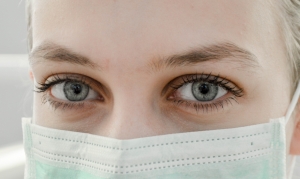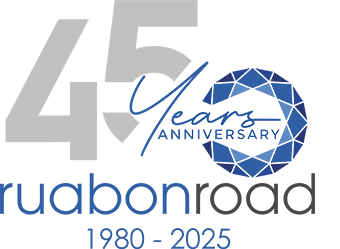How to Avoid 'Mask-Mouth'

Posted on 21/08/20
It’s slowly but surely becoming mandatory to wear face masks in many public spaces and whilst it's essential for protecting everyone's wellbeing in the fight against Coronavirus, wearing a mask for long periods of time can take its toll on your mouth.
'Mask mouth' is the latest new addition to our covid-vocabulary describing oral health issues arising from prolonged use of face masks. Decaying teeth, receding gum lines and bad breath are all symptoms of mask mouth, so it is important we take measures to prevent it.
Wearing a mask inhibits daily oral habits such as flossing and drinking plenty of water that need to be maintained to ensure a healthy mouth. However, the main issue with wearing these masks is that most people tend to breathe through their mouth as opposed to their nose whilst wearing them. As a result, saliva that naturally keeps your mouth lubricated is lost. Saliva is vital as it contains many anti-fungal properties such as histatins, lactoferrin and lysozyme which kill off any bad bacteria.
How can you avoid mask mouth?
Keep your mask clean
If you’re breathing constantly into your mask it’s likely that it will become riddled with bacteria from food particles, make-up, breath, sweat and dirt. Change your mask daily and wash reusable masks on a hot wash (60 degrees) with detergent.
Scrape your tongue
Bad bacteria that produces odorous compounds rest on your tongue so regularly scrape your tongue to avoid smelly breath.
Breathe through your nose
Practice breathing techniques to focus on breathing through your nose when not wearing your mask.
Plenty of fresh air
Take regular breaks from wearing a mask where safe to do so. Avoid wearing your mask in open spaces far away from others and take lots of big deep breaths.
Drink plenty of water
Drink water throughout the day to keep your mouth clean and wash away any food particles sitting in the teeth, gums and any other areas of the mouth. It also rehydrates and restores the balance to the oral microbiome.
Increase oral hygiene care
Brush your teeth for at least 2 minutes each morning and evening, ideally with an electric toothbrush to ensure all dental plaque is removed. Use mouthwash throughout the day and floss after each time you eat. If your job requires you to wear a mask allow yourself an extra 5 minutes at the end of your break to floss, ensuring your mouth is clean before putting the mask back on.










